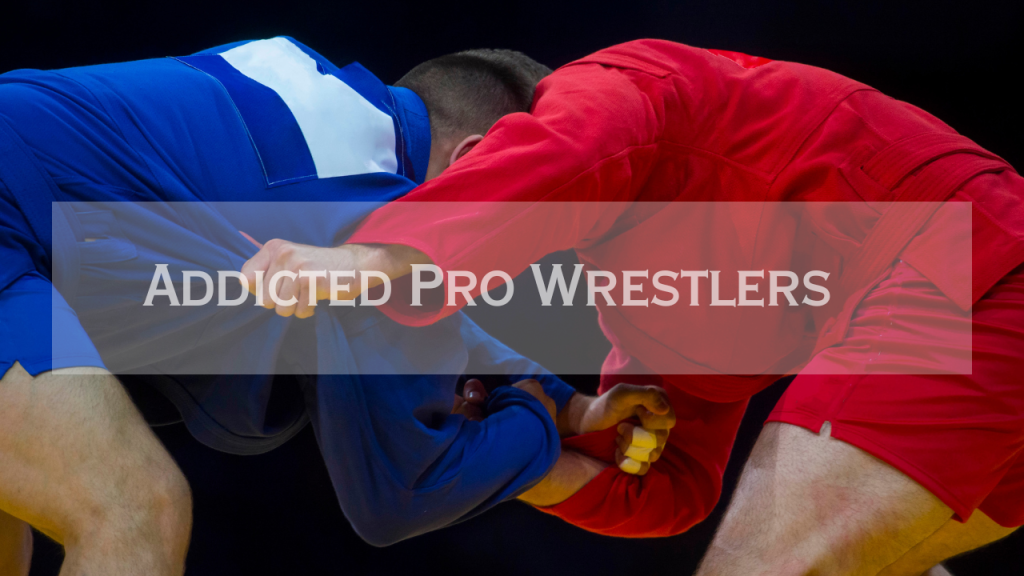Professional wrestlers deal with professional and life challenges that most of us cannot comprehend. The demands and the hardships they experience can leave them with very little of themselves left for their life outside of wrestling. They do, of course, choose the path of professional wrestling because they have a passion for it and because they are tough enough to deal with the hardships that come with it, but all the same, addiction and substance abuse are still able to get the best of them in the midst of rocky circumstances. Below are several methods of addiction recovery that professional wrestlers can utilize to beat their addiction and regain control of their lives:
- Support groups can be a very effective way of bringing an addiction under control, particularly for those who have less severe addictions or have already been through treatment and are looking for an ongoing support system. Support groups are encouraging meetings organized for recovering addicts, by recovering addicts. There are a number of support groups that are created specifically for professional athletes.
- Counseling services can be very effective in eradicating a professional wrestler’s addiction tendencies. Many professional wrestlers are mentally tough as well as physically tough and do not tend to have much concern about their emotions or their psychology. However, when recovering from addiction, one must be prepared to delve into matters of their own psychology, and sometimes a professional is necessary to walk a person through this.
- Outpatient addiction treatment is an ongoing treatment plan that is facilitated by an outpatient rehabilitation center. Unlike inpatient rehab, outpatient rehab does not house the clients, but rather arranges regular meetings with counselors and support groups, as well as assigning readings and exercises.
- Halfway houses offer recovering addicts room and board while they get back on their feet, as well as access to a number of addiction treatment services. It is different from inpatient rehab because the individual is free to come and go as they please so long as they are not relapsing.
- Inpatient rehabilitation is known to be the most effective form of addiction treatment because it is the most intensive and concentrated. Inpatient rehab, in the form of alcohol rehabilitation, drug rehabilitation or process addiction rehabilitation, houses the individual in a secure facility while detoxing them and providing them with counseling and therapy.

Leave a Reply